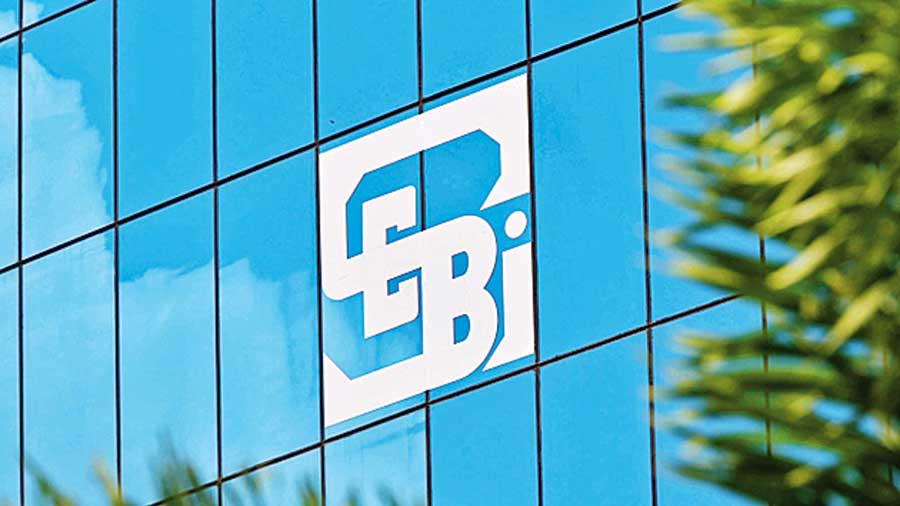The securities market regulator is toying with the idea of scrapping the concept of promoter in favour of a new classification defining ownership of companies: the controlling shareholder.
“The concept of promoters has existed in India for years and concentrated ownership still predominant in our country. But over time, with high levels of private equity or venture capital funding, increasing startup culture and the rise of new age companies, there is a rising trend of companies with diversified shareholding, ” said Ajay Tyagi, chairman of the Securities and Exchange Board of India (Sebi).
“In many cases, these have resulted in professional management with no promoter. In these circumstances, the concept of a controlling shareholder will be a more logical way to identify the person in charge,” Tyagi said.
The Sebi chief is really pushing for an idea that the market regulator had articulated in a discussion paper floated in May. Titled “Review of the regulatory framework of promoter, promoter group and group companies”, the paper suggested that the concept of promoter ought to be replaced with a new cognomen — person in control.
The discussion paper had said that the investor landscape in India was changing rapidly and, unlike in the past, the concentration of ownership and controlling rights do not vest completely in the hands of the promoters or the promoter group. There has been a significant increase in the number of private equity and institutional investors who invest in companies and take up substantial shareholding and, in some cases, control by arming themselves with some special rights.
“We are analysing the feedback to our paper before we take an appropriate view,” Tyagi said at an event organised by the Federation of Indian Chambers of Commerce and Industry (Ficci).
He admitted that there were some legacy issues that would need to be sorted out before the new concept was adopted.
Tyagi said the regulator was also contemplating reforms in initial public offerings (IPOs), particularly with respect to book building, the provisions relating to price bands and new regulations of preferential issues.
Similarly, its primary market advisory committee (PMAC) is considering whether it ought to issue a framework for SPACs (special purpose acquisition companies). SPACs have no commercial operations but are established to raise capital through IPOs with the purpose of using the proceeds to identify and merge with a target company.
SPACs are usually formed by private equity funds or financial institutions, with expertise in a particular industry or business sector, with investment for initial working capital and issue related expenses. Such companies have recently become popular in the US.
In India, a SPAC was recently allowed for the Gujarat International Finance Tec-City (GIFT). Tyagi said some concerns had been raised about these vehicles and the PMAC was examining what safeguards could be introduced to prevent irregularities.
Tyagi said companies once used to float IPOs to raise project financing. That is rarely the case now. A very large number of IPOs are really meant to provide an exit option to existing investors.











